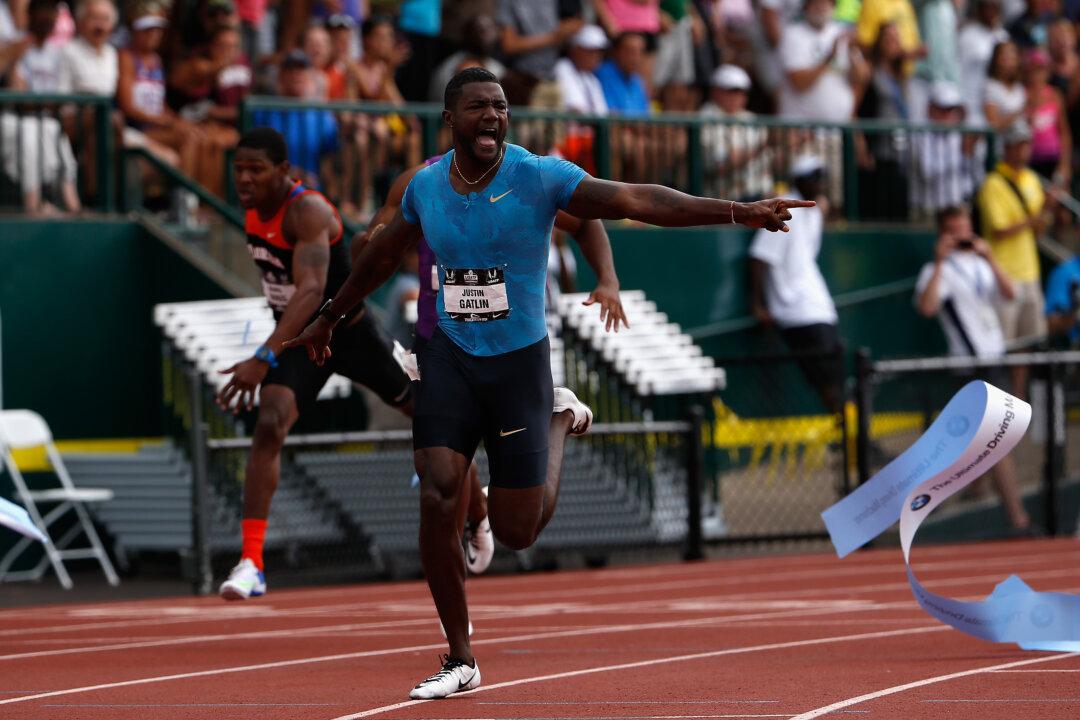LONDON—Creating an independent anti-doping agency in athletics would help combat allegations that the governing body is not doing enough to weed out drug cheats or is complicit in the sport’s doping problems, IAAF presidential candidate Sebastian Coe said Wednesday.
“We need a system that removes any perception out there that there is either conflict or complicity,” said Coe, who again defended the IAAF against recent media allegations that it has failed to act on evidence of widespread blood doping in the sport.
In a conference call with four international news agency reporters, Coe also said athletes should not feel “bullied” into releasing their private blood-testing data, and that U.S. sprinter Justin Gatlin should be treated with “respect” like other eligible athletes at the upcoming world championships despite a previous doping ban.





